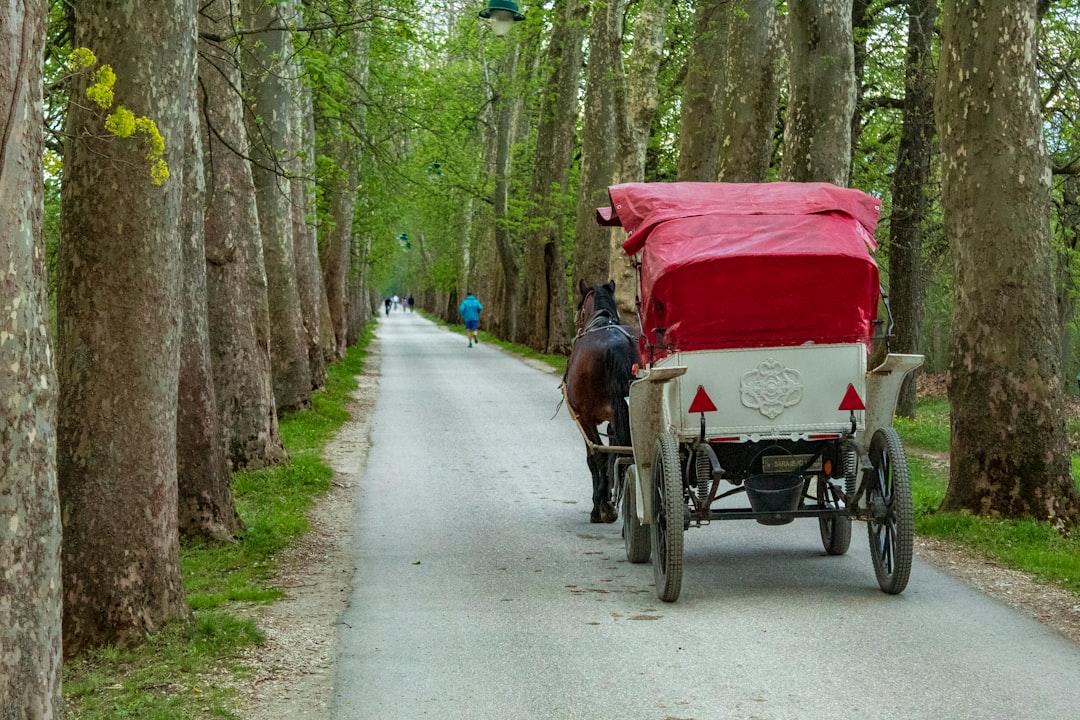The allure of travel is undeniable, offering new perspectives, cultures, and breathtaking landscapes. Yet, as our desire to explore grows, so does the awareness of our environmental and social footprint. This guide delves into the world of sustainable travel, providing you with the knowledge and practical tips to make your adventures more meaningful and less impactful. Did you know that a significant percentage of travelers are now actively seeking sustainable options, reflecting a global shift towards conscious exploration? By the end of this article, you’ll be equipped to plan and execute journeys that benefit both you and the planet.
Understanding Sustainable Travel
Sustainable travel, often interchangeable with eco-tourism or responsible tourism, is about minimizing negative impacts while maximizing positive ones. It’s a holistic approach that considers environmental, social, and economic aspects of your journey. This means protecting natural environments, respecting local cultures, and ensuring economic benefits reach local communities.
More Than Just Eco-Friendly
While environmental protection is a core component, sustainable travel extends beyond simply reducing your carbon footprint. It encompasses ethical considerations, fair labor practices, and cultural preservation. It’s about fostering a deeper connection with the places you visit and leaving them better than you found them.
Why It Matters Now More Than Ever
The global tourism industry is a major economic driver but also a significant contributor to environmental degradation and social challenges if not managed responsibly. According to the World Tourism Organization (UNWTO), sustainable tourism can be a tool for achieving the Sustainable Development Goals (SDGs), addressing issues like poverty, gender equality, and climate action. The market for sustainable tourism is projected to continue its robust growth through 2025 and beyond, indicating a strong consumer demand for responsible options.
Key Principle: Sustainable travel aims for a “triple bottom line” – balancing environmental integrity, social equity, and economic viability for destinations and communities.
Planning Your Eco-Conscious Journey
The journey towards sustainable travel begins long before you pack your bags. Thoughtful planning can significantly reduce your environmental impact and enhance your positive contributions to the places you visit.

Choosing Sustainable Destinations and Accommodations
Research destinations that actively promote sustainability and protect their natural and cultural heritage. Look for accommodations that hold recognized eco-certifications, such as Green Globe, LEED, or EarthCheck. These certifications indicate that hotels meet specific environmental and social standards, from water conservation to waste management and community engagement.
- Research Certifications: Look for hotels and tour operators with credible sustainability certifications.
- Read Reviews: Check traveler reviews for mentions of sustainable practices or community involvement.
- Support Local: Prioritize locally owned businesses and accommodations that directly benefit the community.
Transportation: Reducing Your Carbon Footprint
Transportation is often the largest contributor to a trip’s carbon footprint. Consider slower, more efficient modes of travel where possible. Direct flights typically have a lower carbon footprint than flights with multiple layovers. Once at your destination, opt for public transport, cycling, or walking.
“Choosing to travel by train instead of flying for shorter distances can significantly reduce your carbon emissions, offering a more scenic and often less stressful journey.”
Making Responsible Choices On The Ground
Once you’ve arrived, your daily choices can continue to make a difference. Every action, from what you eat to how you dispose of waste, contributes to your overall impact.

Supporting Local Economies and Businesses
Directly supporting local businesses ensures that your tourism dollars benefit the community you’re visiting. Eat at local restaurants, buy souvenirs from local artisans, and hire local guides. This helps to create jobs and preserve cultural heritage, preventing economic leakage where profits leave the destination.
Minimizing Waste and Conserving Resources
Adopt a “leave no trace” mindset. Carry a reusable water bottle and coffee cup, refuse single-use plastics, and dispose of waste properly. Be mindful of your energy and water consumption in accommodations, just as you would at home. Simple actions like turning off lights and air conditioning when leaving a room can have a collective impact.
- Pack Reusables: Water bottle, coffee cup, shopping bag.
- Reduce Energy: Turn off lights and AC when not in your room.
- Conserve Water: Take shorter showers, reuse towels.
- Proper Waste Disposal: Follow local recycling guidelines or pack out what you pack in.
Engaging with Culture and Community Ethically
True sustainable travel involves respectful and meaningful engagement with the local culture and people. This enriches your experience and ensures your presence is welcomed and appreciated.

Respecting Local Customs and Traditions
Before you travel, take time to learn about the local customs, dress codes, and social etiquette. A few simple phrases in the local language can go a long way in showing respect and fostering positive interactions. Always ask for permission before taking photographs of people.
Ethical Wildlife Encounters
If your trip involves wildlife, choose tour operators that prioritize animal welfare and conservation. Avoid activities that exploit animals for entertainment, such as elephant riding or swimming with captive dolphins. Opt for reputable sanctuaries or guided safaris that observe animals in their natural habitats from a respectful distance.
The Future of Green Tourism: Trends and Innovations
The sustainable travel landscape is continually evolving, driven by technological advancements and increasing consumer demand. Innovations are making it easier for travelers to make responsible choices.
Technology’s Role in Sustainability
New technologies are emerging to support sustainable tourism. Apps and platforms now help travelers find eco-certified accommodations, calculate carbon footprints, and connect with local, ethical tour operators. Data analytics can also help destinations manage visitor flows to prevent overtourism and protect sensitive areas.
Certifications and Standards for a Greener Future
The proliferation of certifications helps travelers identify genuinely sustainable options. Organizations like the Global Sustainable Tourism Council (GSTC) provide a framework for destinations and businesses to achieve sustainability standards. As of 2025, more destinations are adopting these global benchmarks to attract conscious travelers.
For more information on global efforts and guidelines for sustainable tourism, visit the UNWTO’s Sustainable Development Goals for Tourism page. This resource provides insights into how tourism contributes to the broader global sustainability agenda.
Sustainable Traveler’s Checklist
| Category | Sustainable Action |
|---|---|
| Planning | Choose eco-certified accommodations and tour operators. |
| Transportation | Opt for direct flights, public transport, or train travel. |
| Consumption | Carry reusables, minimize waste, conserve water and energy. |
| Community | Support local businesses, respect customs, engage ethically. |
| Wildlife | Choose ethical wildlife viewing, avoid exploitative activities. |
Your Impact: A Call to Action
Every traveler has the power to make a difference. By embracing sustainable practices, you contribute to the preservation of our planet’s natural beauty and cultural richness for generations to come.
Calculating Your Travel Footprint
Several online calculators can help you estimate your carbon footprint from travel. Understanding your impact is the first step towards mitigating it. Consider offsetting unavoidable emissions through certified programs that invest in renewable energy or reforestation projects.
Advocating for Change
Share your sustainable travel experiences with friends and family. Encourage others to make conscious choices. Your voice, combined with growing consumer demand, can push the tourism industry towards even greater sustainability.
Conclusion: Journey Towards a Better World
Sustainable travel is not just a trend; it’s a fundamental shift in how we engage with the world. By making informed choices, from planning your itinerary to your daily actions on the ground, you can ensure your adventures are both enriching and responsible. Remember, every small step contributes to a larger movement towards a more sustainable future for tourism and our planet.
Ready to make your next trip a sustainable one? What sustainable travel choice will you make next?
Further Reading & Resources:
- Global Sustainable Tourism Council (GSTC): Learn about global standards for sustainable travel and tourism.
- Lonely Planet: How to be a Sustainable Traveller: Practical tips from a renowned travel guide.
- Responsible Travel: A platform offering sustainable tours and advice.
